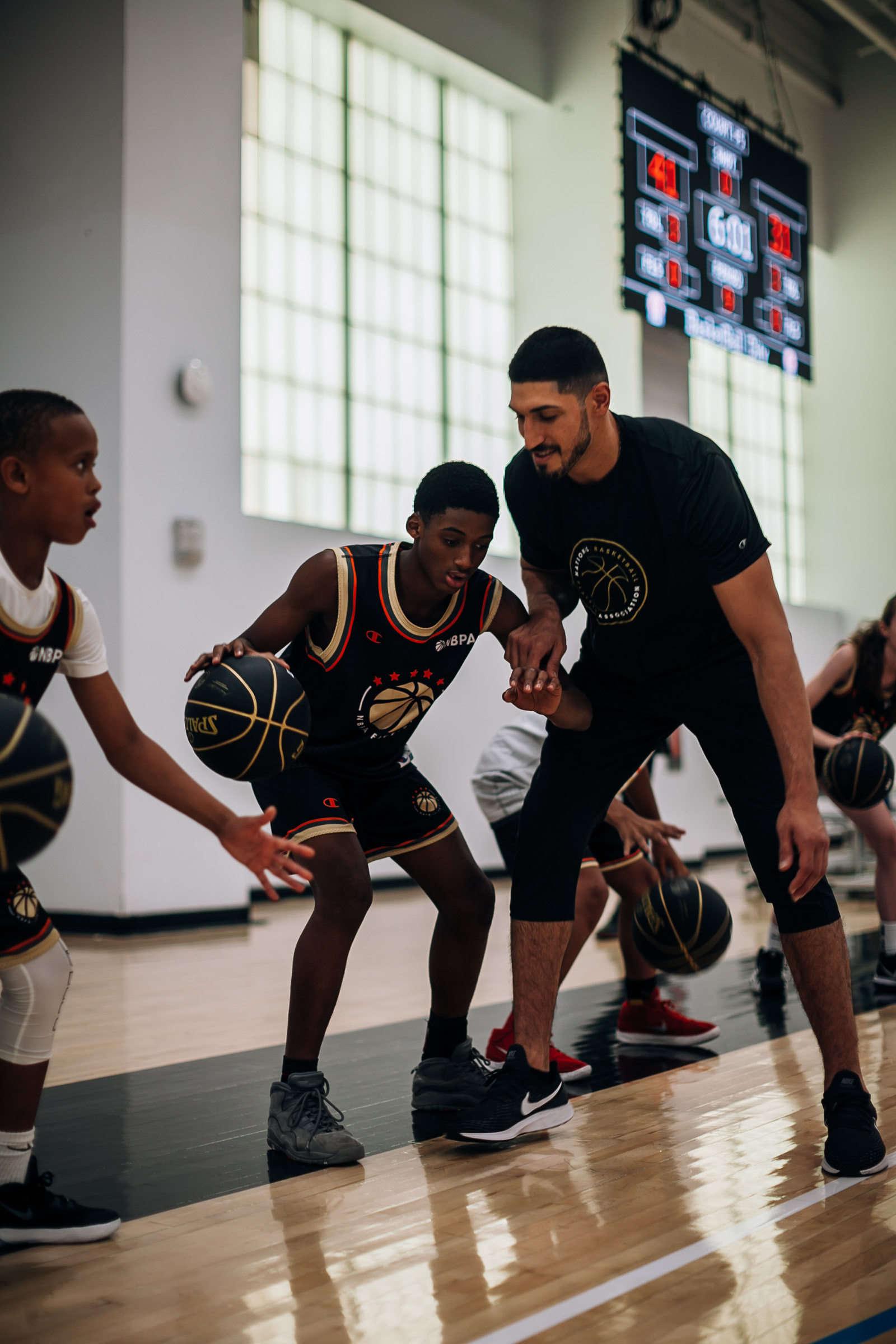Strengthening training tips for youth athletes
The available evidence suggests that there is increasing sport participation in youth athletes. Part of sport participation requires keen attention to strength training in order for an athlete to maximize performance. Traditionally strength training in youth athletics has been poorly understood with misconceptions prevailing among trainers, parents, and athletes themselves. A popular misconception is that strength training in youth is dangerous, can halt growth, or should not be attempted until after puberty. The reality is that strength training can be dangerous for athletes of ALL ages and not just for youth athletes. Attention to the principles highlighted below will mitigate some of the risks associated with youth strength training. The available data demonstrates that youth resistance training leads to effective muscle growth, improved performance, and can have implications for a healthy lifestyle in adulthood. The following tips allow for the safe and effective participation of youth athletes in strength training programs.
Proper Technique
Given the young age and relative inexperience, for many youth athletes, coaches and trainers will introduce strength training regimens which the youth athlete has relative inexperience with. Even if the athlete has seen the exercise before they will likely have had few reps with the particular exercise and equipment. As such it becomes essential that youth athletes and their trainers pay particular attention to proper technique and form in order to avoid the incorporation of bad habits and increased risk for downstream injury. To this end, those supervising youth strength training programs should focus on training technical competency as opposed to training bulk and load.
In addition to ensuring correct form and technical competency, it is important to ensure that equipment is being used properly. Children are not miniature adults and the equipment used to perform resistance training should be tailored to the athlete's conditioning level and overall goals of the sport.
Rest and recovery
Another common misconception is that youth athletes do not need as much rest because youths recover faster than adults. This assumption however is not supported by the literature. Overuse syndromes and growth plate injuries are associated with taking a “more is better” approach to youth strength training. Children and adolescents participating in strength training programs should be encouraged to incorporate rest and recovery. Rest and recovery can involve splitting up muscle groups trained to only train each group once a week, cross-training, varying training loads, and periodizing high-intensity training periods throughout the year. Specific to youth sports, trainers and coaches should understand that they cannot leave it up to children and adolescents to enforce their own rest. Rather, rest and recovery need to be a hard-wired feature part of the training.
Supplementation and sleep
Beyond building in a schedule for rest and recovery it is important for youth athletes to maximize their downtime by focusing on appropriate supplementation and obtaining restful sleep. Supplementation can range from dietary refinements to protein supplementation and yes restful sleep. Sleep is not often considered as a “supplement” but skeletal muscles regenerate and rebuild during sleep and as such, I would argue that sleep is the most important supplement of them all.
Ensuring adequate protein intake is the key to optimizing gains from strength training. Typically a total daily intake of 0.5-0.7mg protein/pound of body weight is recommended. This can come from dietary sources and when not possible, protein supplements are a reasonable option. I also commonly advise youth athletes to pay attention to their Calcium and Vitamin D intake. Vitamin D has been shown to have multifactorial benefits ranging from immune system fortification, mood boost to bone health.
Conclusion:
When done properly and with attention to the right core principles, strength training in youth athletes can help to optimize sport performance and can have a tremendous impact on youth socialization, esteem, and later life habits.
To learn more about Dr. Benedict Nwachukwu and his practice philosophies please visit www.manhattansportsdoc.com

